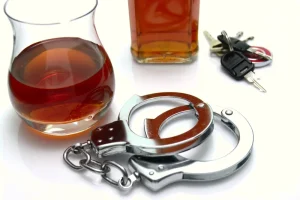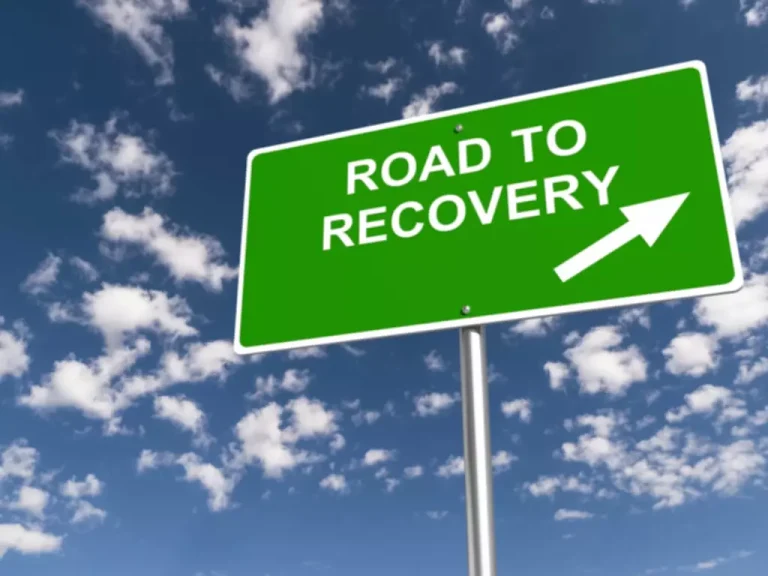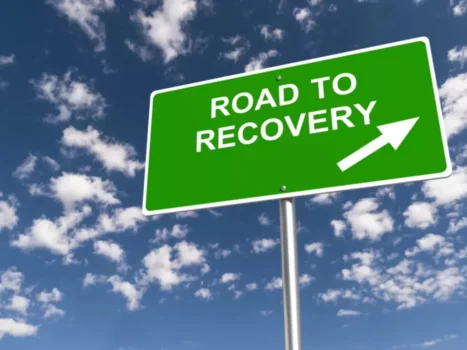
In order to do this, you’ll need to forgive yourself and those you are offering amends to. When someone is alive and you’ve hurt them, amends are more straightforward. You might go to that person and take responsibility for what you have done wrong, express you deep remorse, and ask what you can do to make it up to them.
I am a grief professional
However, they may suddenly feel guilty and decide to change their ways. They can make a living amend to change their lifestyle, get sober, and stop stealing from their parent. However, these promises are usually the result of deep feelings of shame, guilt, and regret and may not be genuine for some. Many times, these kinds of promises serve to alleviate the wrongdoer’s guilt and so that they can say they apologized before their loved one died. With these kinds of promises, there may not be enough genuine intention of changing their hurtful patterns and behaviors. Sobriety Living amends refers to making promises to the people in your life whom you’ve wronged or who have hurt you.
What Is an Apology?
You can’t erase the past, but with long-term sobriety, you can rebuild trust, repair relationships, and be close to your loved ones again. Living amends can take a lot of time but can be some of the most rewarding. This can be difficult to grasp; your sponsor or spiritual advisor can help. It may be difficult to accept that you’re not always going to be able to make amends to people who you’ve wronged in some way. Some might be too tested by prior behaviors and actions that they simply need space.
Fulfill your promises.

They may choose to make living amends by promising to change their ways and become more helpful to others. Living amends, in this event, can include making changes to the behaviors contributing to the falling out between the survivor and the person they owed an apology to. For example, let’s say a mother didn’t make an effort to escort her children to the school bus stop. One of her children is killed crossing the street on their own even after telling their mother that they were afraid to cross the busy street alone. A living amend might include a posthumous promise to the deceased child to, from now on, make it a point to walk their surviving siblings to the bus stop each day.

For instance, when https://ecosoberhouse.com/ apologizing to someone you stole money from, you should also return the amount you took. An apology allows an individual to hear what another person feels, determines what action or behavior is or isn’t appropriate, and provides an opportunity for the hurt person to heal. By taking on the responsibility to sincerely apologize, an individual continues to build self-confidence and reinforce personal integrity. In these cases, reflect on whether reaching out is to clear your own conscience at the other person’s expense. This is where a 12-Step “sponsor” or even a counselor’s feedback could be helpful in checking your motivation.
Restoring Relationships: The Transformative Power of Making Amends in Recovery

Your efforts to make amends may not always go as well as you hope. Try not to respond with anger or defensiveness if others aren’t responsive to your efforts. They have been hurt by your actions, and they may not be willing to forgive and forget.
- While everyone’s path to addiction recovery is different, rebuilding damaged relationships is one of the first goals many people have after they achieve sobriety.
- Instead, as you pursue a life in recovery, focus on being generous with your time and giving back to others.
- In most cases, the offender owes apologies to the people closest to them, like their friends, parents, and children.
- As a part of my recovery process, I have reflected on my behavior and realized that I have hurt you in the past though my___________.
The reason I give this disclaimer is making amends is a personal thing. Since we do not likely know one another, I cannot tailor your amends for the people you need to reach out to. Take your time as you go through the 12 steps of recovery, and God will reveal what you need to do.
Defining the Concept of Making Amends in Recovery
- Even though a person says they forgive, they might not be ready to reconcile.
- This tends to result in enhanced relationships and repairing ones that were injured.
- But if you are dealing with guilt and grief, you probably aren’t surprised that there is more to say.
- Your relationship with a higher power—no matter how you define it—can help you to remain open and willing, even as you acknowledge hard truths about pain you have caused to others.
My only goal right now is to acknowledge the harm I caused and do what I can to make amends, if that’s possible. In Step 9, participants acknowledge the negative impact their addiction had on others and commit to direct amends where possible. True amends go beyond apologies; they involve sustained change. These actions demonstrate a new way of living and help develop accountability, paving the way for Step 10, where living amends definition amends are made immediately upon realizing harm. However, completing it often brings immense relief and renewed hope.
Trust God. Clean House. Help Others.Living Amends
- My only goal right now is to acknowledge the harm I caused and do what I can to make amends, if that’s possible.
- Join our supportive sober community where each day becomes a step towards personal growth and lasting positive change.
- Or the people you need to apologize and make amends to are no longer living.
- Step Nine states that we make amends « except when to do so would injure them or others. » We don’t want our actions to cause further damage, harm or stress.
Understanding the harm you caused the people in your life is critical for reflecting on your addiction. Making a living amends involves apologizing to your loved ones that you hurt and using your actions to prove you have changed and are committed to living a healthier and sober lifestyle. Addiction is a complex and pervasive disease that extends far beyond the individual struggling with substance abuse.



